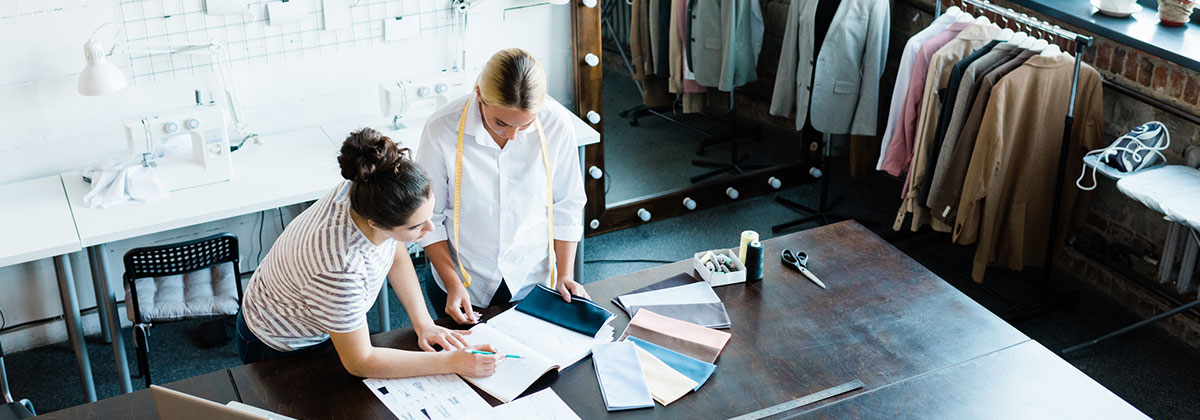Fee Shifting in Trademark Cases Could Be Good News for Small Companies. Having a Federally Registered Trademark Is Now Even More Valuable
It is never a good idea for a Party to pursue a lawsuit simply because they think they can recover their attorney’s fees. As they say in Las Vegas, that’s a bad bet! However, for individuals and small businesses who want to enforce or defend their Intellectual Property rights against another party, the high cost of litigation often acts as a real deterrent.
Small companies that have been wronged often have to make a horrible financial calculation whether to litigate, settle, or even forego a claim completely, and allow someone to trample their rights, particularly against larger companies who have greater resources to outlast them in court. Changes in the interpretation of federal patent and trademark law are starting to provide some relief to these underdogs in Intellectual Property cases. This lowering of the threshold of obtaining attorney’s fees makes your Federal Trademark Registration just a little more valuable, and makes a decision to willingly trample someone’s trademark rights just a little more dangerous.
Octane Fitness Lowered the Standard for Awarding Attorney’s Fees to Prevailing Parties
The United States Patent Laws provides that a winning party may be awarded their attorney’s fees only in “exceptional cases.” 35 U.S.C. §285. Until recently, an “exceptional case” was one where a party proved, by clear and convincing evidence that there was an instance of “material inappropriate conduct related to the matter in litigation.” Brooks Furniture Mfg., Inc. v. Dutailier Int’l, Inc., 393 F.3d 1378 (Fed. Cir. 2005).
This standard was very difficult for a prevailing party to prove. The Brooks Furniture standard invited unscrupulous conduct from larger companies represented by large law firms in an arrogant attempt to tip the scales in their favor. Any party who has opposed one of these larger companies, represented by their team of “big firm” lawyers will attest to the excessive fees they are forced to incur in opposition.
In 2014, the United States Supreme Court lowered this standard in patent cases in Octane Fitness, LLC v. Icon Health & Fitness, Inc., 134 S.Ct. 1749 (2014). Octane Fitness took the previous method of analyzing “exceptional cases” found in in Brooks Furniture, 393 F.3d 1378, and effectively turned it on its head.
The Brooks standard was a high bar to clear, and resulted in relatively few cases meeting the standard. The Octane Fitness Court instead relied on Noxell Corp. v. Firehouse No. 1 Bar-B-Que Restaurant, 771 F.2d 521, 526 (DC Cir. 1985), a trademark case that interpreted Section 35(a) of the Lanham Act stating that an “exceptional case” was one, which was “uncommon” or “not run-of-the-mill.” This standard basically eliminated the need for a winning party to prove the other party was acting in bad faith. An “exceptional case” now became one that simply “stands out from others with respect to the substantive strength of a party’s litigating position (considering both the governing law and the facts of the case) or the unreasonable manner in which the case was litigated.” Octane Fitness, 134 S.Ct. at 1756.
Therefore, the exceptional case standard according to Octane Fitness did not require a winning party to prove specific bad faith intent plus objective evidence that the other party was engaging in frivolous litigation tactics. Rather it provided a more loose and discretionary standard for a Court to use in determining whether to award attorney’s fees to a prevailing party. In sum, one can state that if the case looks frivolous then it may now result in a fee award for the prevailing party.
Recovering Attorney’s Fees under the Lanham Act; Trademark and Unfair Competition Cases.
The winning party in a trademark case may also recover their attorney’s fees using the Octane Fitness “exceptional case” standard. Section 35(a) of the Lanham Act, 15 U.S.C. §1117, states, “The court in exceptional cases may award reasonable attorney fees to the prevailing party.” However, attempts to recover fees under section 35(a) had historically met little success given that courts were often reluctant to classify even the most frivolous case as an “exceptional case” meriting a fee award. Recently however, based on the Octane Fitness opinion, the legal landscape of fee shifting in trademark claims has also shifted to make attorney fees recovery for the winning side easier. See generally, Penhurst Trading Inc. v. Zodax LP, 2016 U.S. App. LEXIS 10611 (2d Cir. N.Y. June 13, 2016); Fair Wind Sailing, Inc. v. Dempster, 764 F.3d.303 (3rd Cir. 2014).
The Main Takeaway from Octane Fitness
In the wake of the Octane Fitness decision, lower courts are using the lower standard of evaluating when a case is “exceptional” in evaluating fee awards under both the Lanham Act and the Patent Act. The net import from Octane Fitness and lower courts’ adoption of its view on “exceptional cases” provides an avenue to balance out some of the inequities between large and small Intellectual Property holders. On its face, Octane Fitness may begin to set the foundation for smaller operators to enforce their rights against their larger competitors who may have been able to bully less heavily financed litigants.

